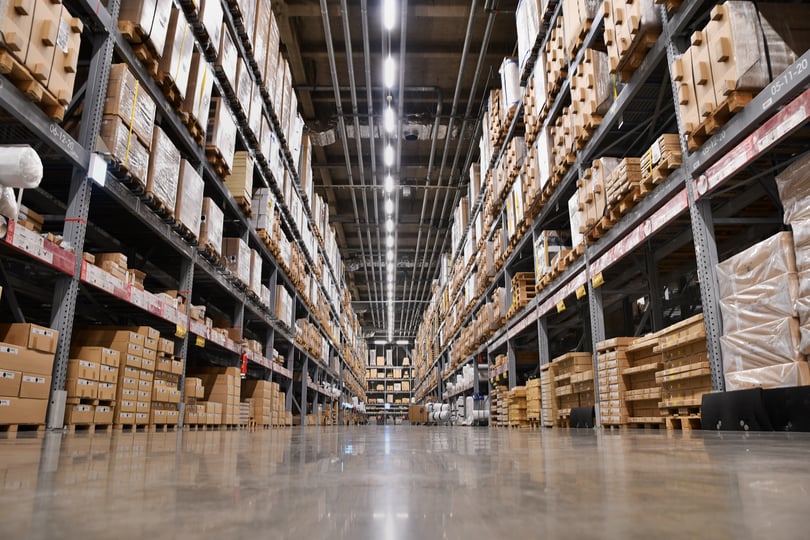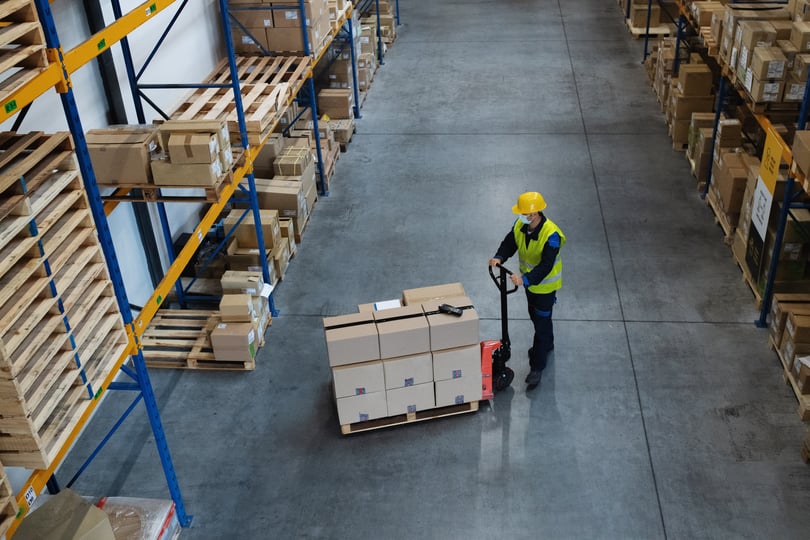
Since the coronavirus pandemic took hold in the UK, the landscape of British retailing has been turned on its head, with numerous British institutions falling by the wayside as the tide of lockdown-induced restrictions renders instore shopping on a non-possibility across the country. For those non-food retailers who’ve so far weathered the storm, survival has been in large part due to large staff cutbacks and a robust and reactive e-commerce infrastructure, with budgeting and workforce efforts redirected to online sales channels.
With the upsurge in e-commerce markets creating increased packaging throughput in fulfilment operations across the country, new innovations in protective packaging and delivery services have hit the ground running, with contactless delivery, touchless packaging and design quirks such as flat, plastic-free bottled goods cutting into a significant portion of the online alcohol market in 2020.
As the uptake of new packaging and fulfilment solutions continues to rise, existing delivery systems have also seen a sharp increase in usage in recent months. External lockers have been at the centre of the surge in demand for delivered goods, with temperature-controlled lockers at designated food outlets facilitating the delivery and collection of perishable goods.
Unsurprisingly, the takeaway food market has seen some of the most significant growth in web-based food sales in the last six months, resulting in the mass household accumulation of plastic takeaway containers where piles of ill-fated single-use plastic carrier bags were once amassed.

To ensure continued operational viability during recent restricted periods, numerous luxury food retailers have sought to integrate bespoke packaging products into their order fulfilment process, seeking to replicate the uniqueness of their instore experience in their e-commerce offering, reducing sales margins and dinting their green credentials to retain custom and preserve brand loyalty in the long-term. But for many non-essential retailers, the development of built-to-suit packaging has been a secondary concern during the recent lockdown periods; meeting inventory needs and service demands for e-commerce sales over Christmas topped the priority list for a large number of UK businesses.
The pressure to retain custom and preserve market share throughout the peak season was made even more difficult for businesses in 2020, owing to frequent import delays brought about by the uncertainty of Brexit negotiations, made worse by shipping rate increases of up to 300% and bottlenecking at French and British ports in December.
The packaging industry, too, found itself at the centre of the import crisis, with UK manufacturers and suppliers experiencing huge delays in the delivery of overseas goods and materials, made worse by a global price hike in plastic and paper, as the season’s demand took hold and the coronavirus limited global production rates.
At the supply chain level, the pandemic has forced the integration of COVID-safe fulfilment processes, drastically changing workflows for packing operatives and leading operations managers to readdress material choices, triggering the adoption of quick-to-use, less wasteful packaging for smaller products. Padded mailers and envelopes have been in sharp demand, since they’re cheap to post and occupy far less space than cartons, with the added benefit of requiring no void fill.
Consumer concerns over waste production and material reuse have been highlighted by the changing environment of the last 12 months, with increased drives for smaller, returnable packaging leading to greater emphasis on the use of non-recyclable materials and the efficiency of order fulfilment processes. Resultantly, online retailers are being forced to readdress their packaging needs in order to optimise efficiency, reduce logistics costs and decrease their annual waste output.